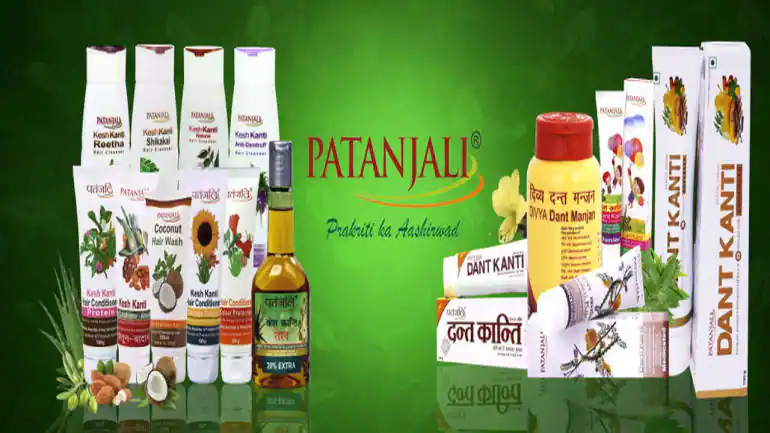Introduction:
In a significant corporate move, Ruchi Soya, a prominent player in India’s edible oil industry, is set to undergo a transformation as it gets renamed to Patanjali Foods. The company’s board of directors has given their approval to this strategic decision, reflecting a shift in branding and market positioning. The renaming comes as no surprise, given Patanjali’s rising prominence in the Indian consumer goods sector, particularly in the realm of Ayurvedic products. Investors have responded positively to this announcement, leading to a surge in the company’s stock value. This article explores the reasons behind the name change, the potential implications for Patanjali Foods, and provides answers to some frequently asked questions regarding this significant development.
Body:
The Driving Force Behind The Name Change:
The decision to rename Ruchi Soya as Patanjali Foods is rooted in Patanjali’s vision of creating a holistic brand that aligns with its core principles of Ayurveda and natural health. Patanjali, founded by Baba Ramdev and Acharya Balkrishna, has gained considerable popularity in recent years through its range of Ayurvedic products, encompassing herbal supplements, personal care items, and food products. By incorporating the Patanjali name into its edible oil business, the company aims to capitalize on its strong brand equity and tap into the health-conscious consumer market.
Implications Of The Renaming For Patanjali Foods:
- Amplified Brand Recognition: The rebranding of Ruchi Soya as Patanjali Foods allows the company to leverage the existing brand recognition and trust associated with the Patanjali name. This strategic move is expected to bolster sales and market share, as consumers are more inclined to choose products from a brand they already know and trust.
- Synergistic Marketing Opportunities: The integration of Ruchi Soya into the Patanjali brand opens up new marketing avenues for the company. Patanjali Foods can now harness the extensive marketing network established by Patanjali, facilitating cross-promotion of products and expanding its reach to target customers more effectively.
- Reinforcing Ayurvedic Credentials: Patanjali’s commitment to Ayurveda has been instrumental in its success. By incorporating Ruchi Soya’s edible oil products under the Patanjali Foods umbrella, the company reinforces its Ayurvedic credentials, appealing to health-conscious consumers who prioritize natural and organic options.
Investor Response And The Surge In Stock Value:
The announcement of Ruchi Soya’s renaming as Patanjali Foods has been met with a positive response from investors. The company’s stock witnessed a significant surge following the news, indicating investor confidence in the strategic direction of the brand. The rebranding is perceived as a step towards consolidation and synergy within the Patanjali group, which has the potential to enhance profitability and market competitiveness.
Conclusion:
The decision to rename Ruchi Soya as Patanjali Foods marks a significant strategic move by the company. By aligning its edible oil business with the established Patanjali brand, the company aims to leverage its Ayurvedic identity and tap into the health-conscious consumer market. This rebranding presents an opportunity for Patanjali Foods to enhance brand recognition, explore synergistic marketing strategies, and solidify its position as a trusted provider of Ayurvedic food products. With investor response reflecting optimism, it will be intriguing to observe how Patanjali Foods capitalizes on this renaming decision to drive future growth and success.
FAQs:
- Will the renaming have any impact on the quality of Ruchi Soya’s edible oil products? No, the renaming of Ruchi Soya as Patanjali Foods will not affect the quality of the edible oil products. The production processes and quality control measures will remain unchanged, ensuring that consumers continue to receive products of the highest standard.
What other changes can we expect apart from the name change? The renaming of Ruchi Soya as Patanjali Foods primarily focuses on the brand identity and market positioning. While the name change is significant, the core operations, manufacturing practices, and distribution channels are expected to remain largely unchanged. However, over time, we may see increased collaboration and cross-promotion with other Patanjali products, further strengthening the brand’s holistic image.
